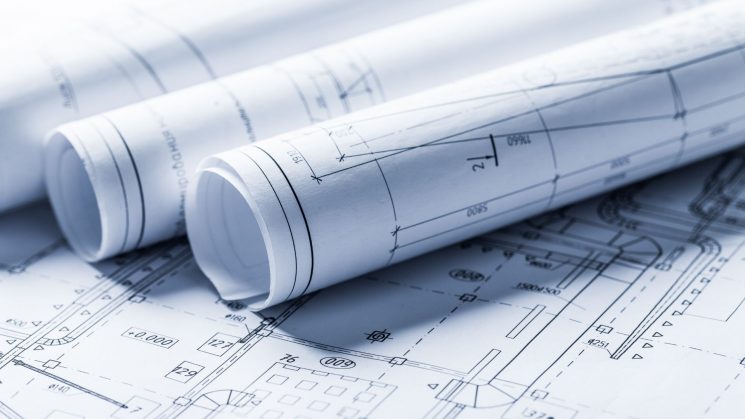In the UK, it is mandatory to apply for a License to Alter if you want to make improvements to a leasehold property. Through this license, you obtain the landlord’s consent for the proposed work of renovations. You need to apply for this license under the following circumstances.
- Any type of structural alteration
- Moving/fitting a new room (kitchen/bathroom/utility room)
- New heating system installation
- External alterations
- Hard-floor installation
Leaseholders are informed about this license under the terms of lease. Hence, it’s the responsibility of a leaseholder to obtain this licence before undertaking alterations. A contractor may ask for the consent paperwork before starting the work of alterations. In such a scenario, you may end up paying a penalty or have to undo the work of construction, if you don’t have the license. Hence, a simple oversight may lead to an expensive mistake.
A landlord may learn about the construction work due to the disruption resulting from the work or may learn about the alteration at a later date. In either scenario, a landlord may argue that a leaseholder has forfeited his/her right over a particular property and may lose a property. In this scenario, a landlord may ask for the following changes.
- A leaseholder may be asked to undo the work of alteration at their own expense. This is known as the reinstatement of construction work.
- A landlord may even ask for financial compensation whilst accepting the work for alteration.
However, you can avoid such scenarios with Retrospective Licence for Alterations. This licence includes similar provisions as mentioned in the standard Licence for Alterations. However, it is amended to reflect that the alteration works have already been carried out.
It enables a landlord to accept the work for alterations whilst including the conditions, which a leaseholder has failed to meet, into the retrospective license. However, a leaseholder has to comply with the conditions at his/her own expense in this scenario.
A Retrospective License for Alterations includes the drawings and specifications of the completed works in order to clarify the scope of a landlord’s approval.
It is difficult for a leaseholder to sell the leasehold interest in a property if he/she does not apply for the retrospective consent. The solicitor of a prospective buyer may ask a leaseholder to resolve all legal issues before consenting to the sale. The new buyer will be subjected to the similar penalties if there is disparity between a lease and features of a property.
The process of applying for the retrospective consent is similar to the process of applying for the standard Licence to Alter. The objective is to ensure that the terms of license reflect the situation in reality.





